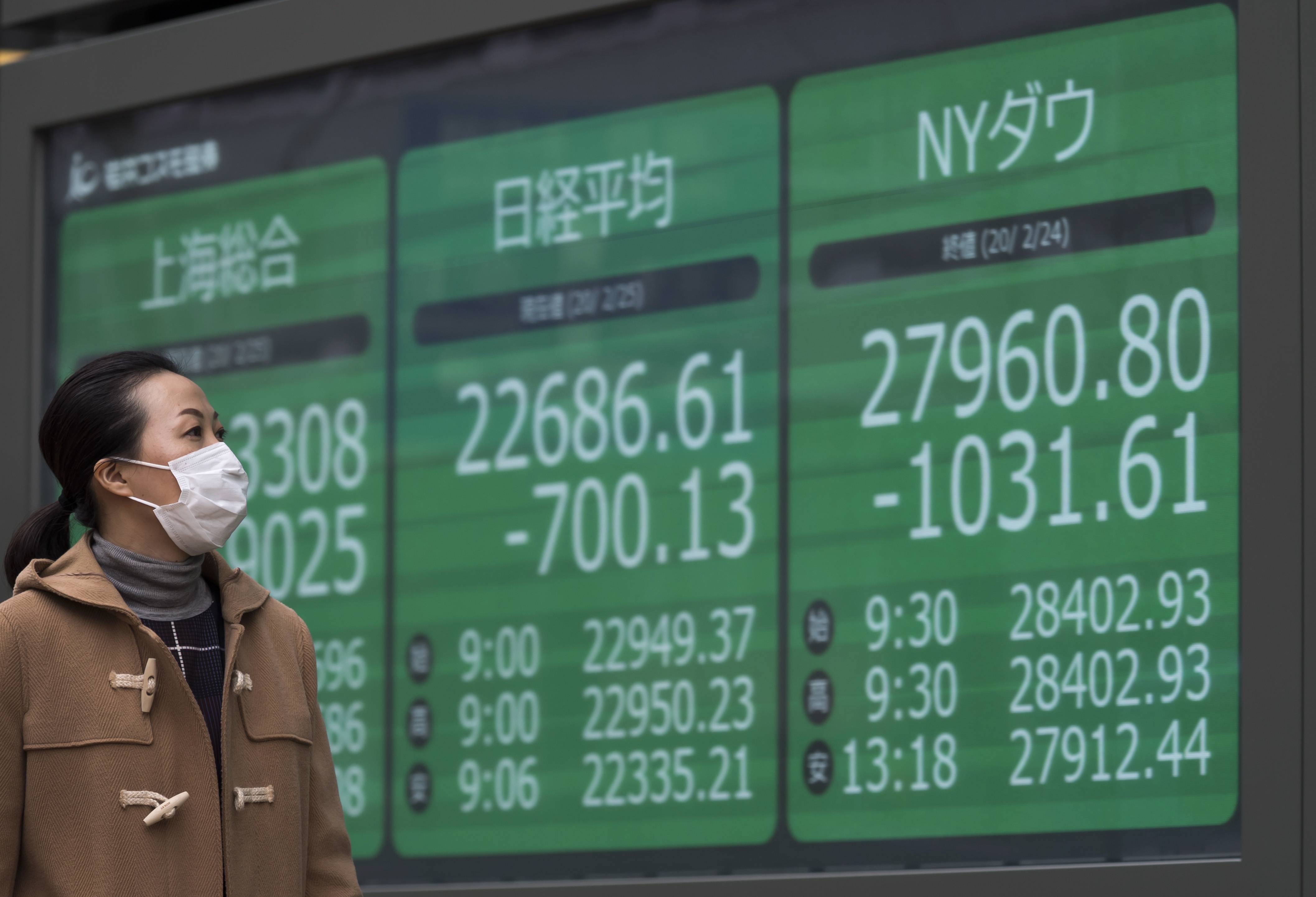 Having brought the Chinese economy to a virtual standstill, the COVID-19 epidemic now threatens to trigger a global recession. What can policymakers do to stem the panic?
Having brought the Chinese economy to a virtual standstill, the COVID-19 epidemic now threatens to trigger a global recession. What can policymakers do to stem the panic?
In this Big Picture, Stephen S. Roach of Yale University warns that the global economy today is much more vulnerable, and more dependent on China, than at the time of the 2003 SARS outbreak. Moreover, says Keio University’s Akira Kawamoto, the draconian steps that governments have taken to contain the virus are seriously disrupting global supply chains, trade, and tourism.
And even if the world does avoid recession, says Harvard University’s Jeffrey Frankel, the COVID-19 epidemic could well hasten the ongoing economic decoupling of the United States and China. Meanwhile, Princeton University’s Harold James identifies possible historical precedents for what might come next, and argues that COVID-19 may precipitate the waning of globalization.
Given the scale of the threat, Larry Hatheway of Jackson Hole Economics urges policymakers to implement a range of immediate measures to mitigate the virus’s economic impact. MIT Sloan’s Simon Johnson, however, highlights the lack of American leadership in helping the world address the epidemic. The COVID-19 outbreak, he writes, should serve as a wake-up call for the US and other developed countries to invest more in science – and share ideas and knowledge as widely as possible.
No comments:
Post a Comment